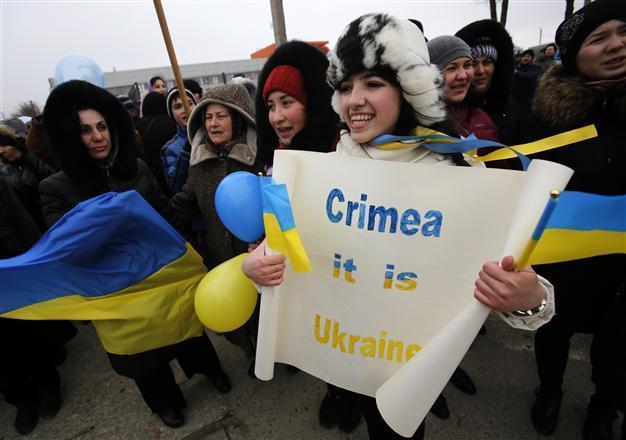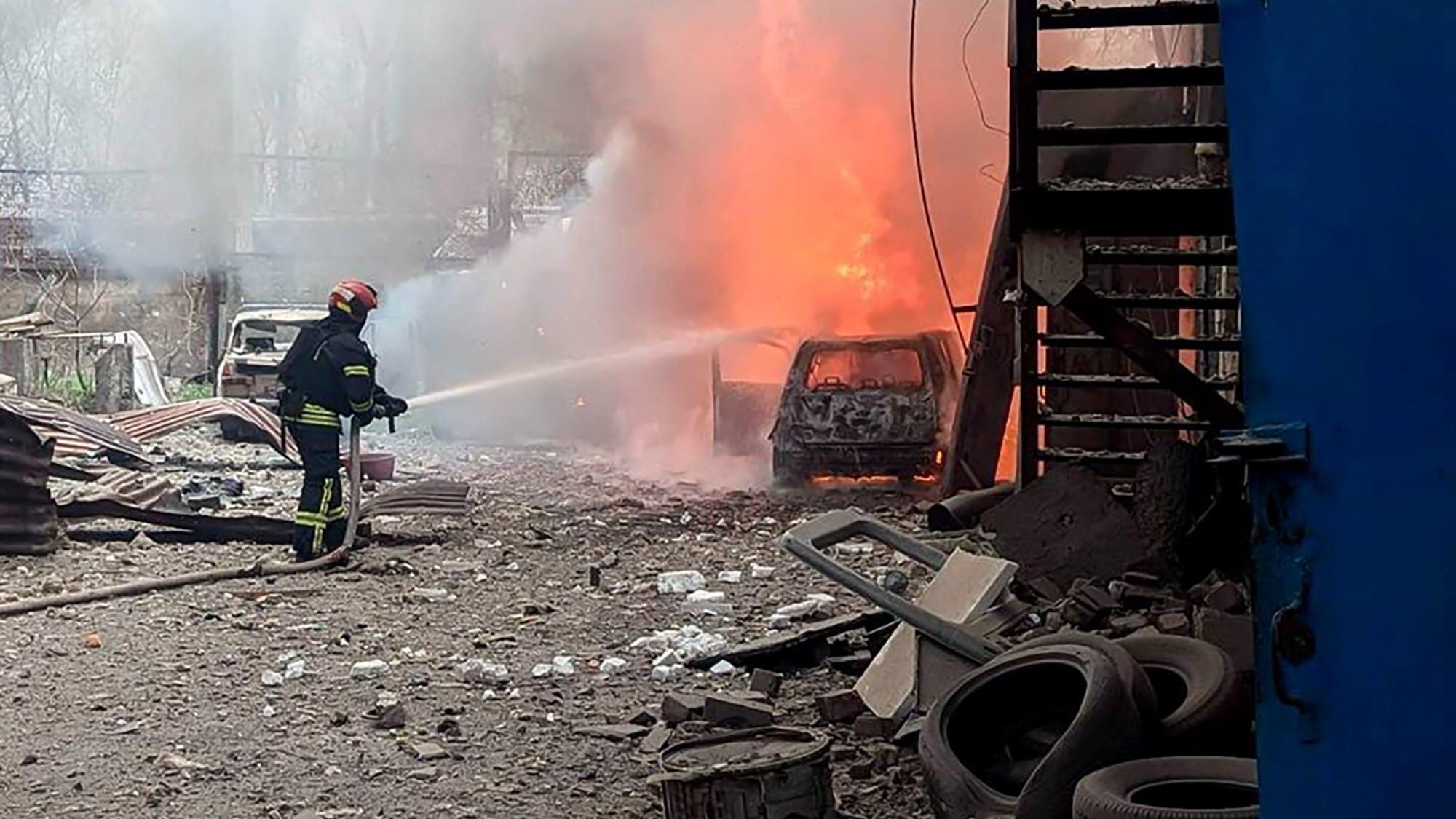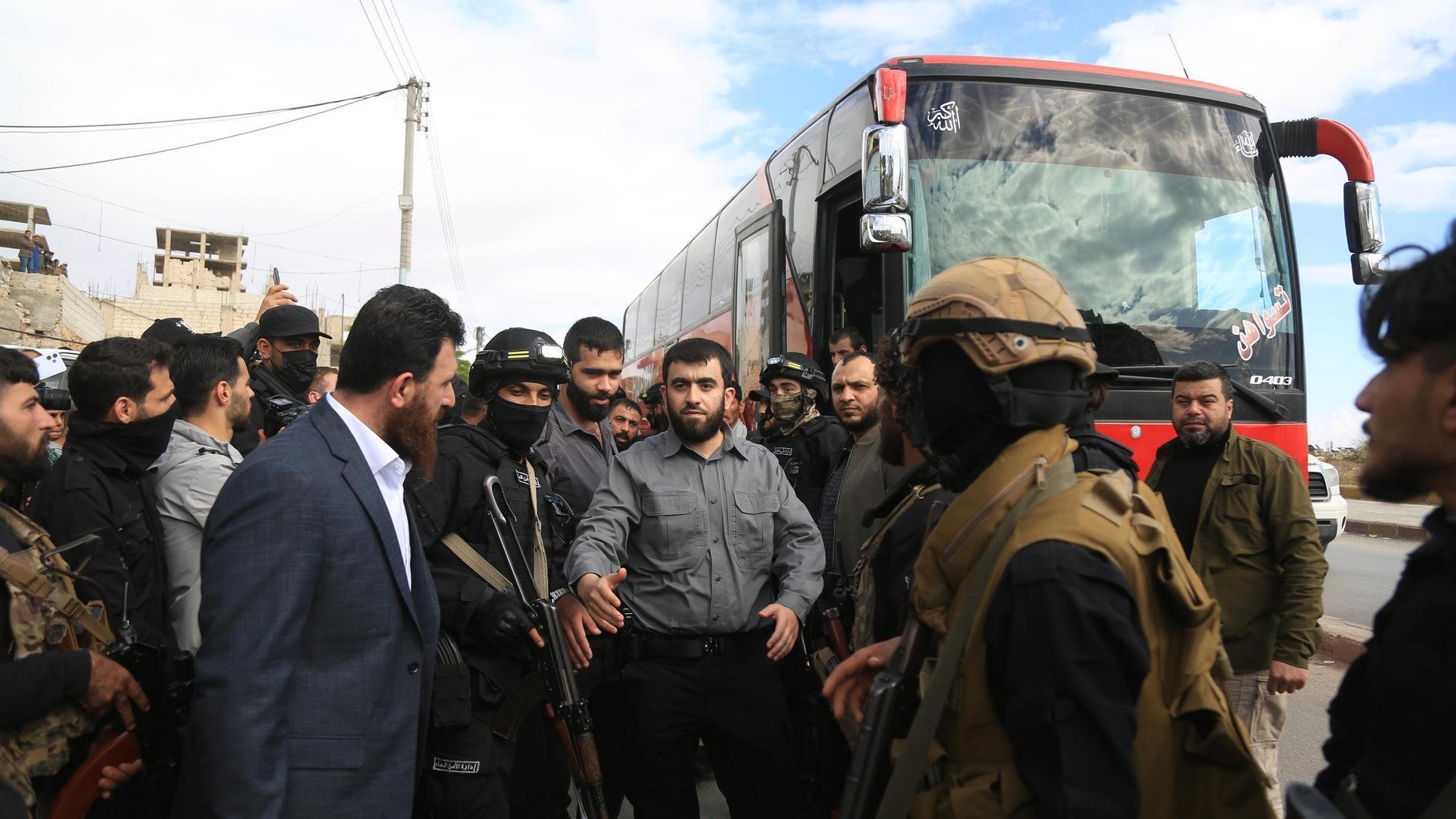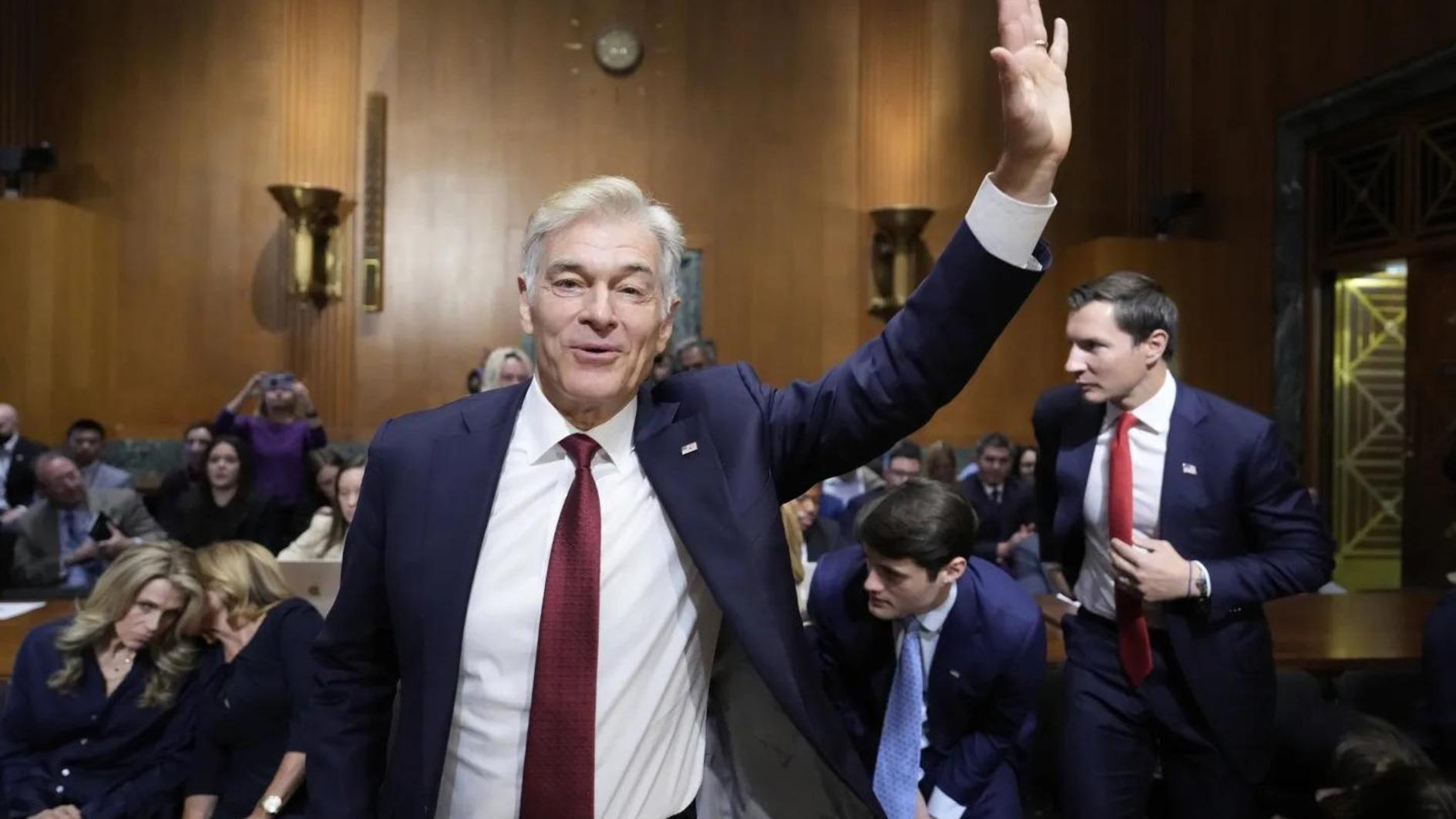Ukraine seeks US help after Putin talks tough on Crimea
KIEV - Agence France-Presse

Crimean Tatars shout slogans during the pro-Ukraine rally in Simferopol, Crimea, Ukraine, Monday, March 10, 2014. AP Photo
Ukraine sought urgent Western backing on Monday after Russian President Vladimir Putin insisted that Crimea had the right to join his country even while hinting at a readiness for dialogue.The pro-European team in Kiev that rode the wave of three months of deadly protests to topple a Kremlin-backed regime is running against the clock to preserve the territorial integrity of the culturally splintered nation of 46 million.
The self-declared leadership on the predominantly ethnic Russian peninsula of Crimea has proclaimed independence from Kiev and set a March 16 referendum on switching over to Kremlin rule.
The decision has been condemned by Western powers who are also furious at Moscow's seizure of Crimea in a lightning but bloodless operation that began days after the February 22 fall and subsequent escape to Russia of president Viktor Yanukovych.
German Chancellor Angela Merkel -- whose cautious approach to imposing sanctions on Russia has clashed with the more hawkish positions of Eastern European nations and the United States -- bluntly told Putin on Sunday that the Crimean referendum was "illegal".
"The United States is not prepared to recognise any result of the so-called referendum," US ambassador Geoffrey Pyatt told reporters in Kiev on Monday.
The most explosive East-West crisis since the Cold War was stoked further when the Kremlin said Putin told both Merkel and British Prime Minister David Cameron that he fully recognised the actions of Crimea's leaders -- in power since an end of February seizure of the local parliament and government by pro-Kremlin gunmen.
But Merkel's office also said Putin had promised to discuss with Russian Foreign Minister Sergei Lavrov on Monday the creation of an "international contact group" on Ukraine that he had resisted before.
Germany is pushing the group's creation as a way of avoiding a full-fledged war breaking out on the eastern edge of Europe that would see Ukraine call for Western help against its nuclear-armed neighbour.
The embryonic sign of diplomatic progress came as Ukrainian Prime Minister Arseniy Yatsenyuk prepared to fly to Washington for his first meeting with US President Barack Obama -- himself pushing a peace plan that includes support for snap presidential elections on May 25.
Wednesday's meeting will both boost the credibility of Yatsenyuk's untested government -- not recognised by Russia -- and provide Ukraine with a chance to iron out the details of crucial economic relief for its wheezing economy.
"This is a very important visit," Ukraine's interim Foreign Minister Andriy Deshchytsya told Kiev's 1+1 television late on Sunday.
"We hope that during these negotiations, we will find joint approaches to solving the situation around Crimea."
The White House said Obama will also discuss an economic support package that so far has seen Washington pledge a quick infusion of more than $1 billion and the European Union promise to issue 11 billion euros ($15 billion) over two years.
Ukraine says it needs about 25 billion euros ($35 billion) in assistance through 2015 to keep the country running after Russia froze a $15 billion package it promised Yanukovych as his reward for rejecting an historic EU trade deal in November.
Yanukovych's shock decision sparked the Kiev protests in which 100 died -- most of them in days of carnage preceding the pro-Moscow regime's fall.
Deshchytsya said on Sunday that Kiev hoped to sign parts of the rejected Association Agreement at either a meeting of EU foreign ministers on March 17 or a summit of the bloc's 28 leaders on March 20-21.
The escalating standoff has seen Obama vow to impose travel bans and asset freeze on Russia officials held responsible for endangering the territorial integrity of Ukraine.
US officials have stressed that Putin himself is not on that list but also warn that Washington could pull out of a G8 summit the Russian leader is hosting in Sochi in June.
The European Union for its part has halted visa talks and threatened to impose tough economic sanctions unless Putin quickly opens talks with the Kiev team.
The Kremlin blames the new Ukrainian rulers for having fomented an atmosphere of intimidation against ethnic Russians in the eastern and southern swathes of Europe's largest country that prompted Putin to threaten to use force on March 1.
The Crimean referendum will ask people to choose between joining Russia and declaring greater autonomy from Kiev while remaining a part of Ukraine -- an option advocated strongly by both Washington and the new interim team.
Deshchytsya said on Monday that if Crimea's leaders "want more rights and authority, then we are ready to do this."
Yanukovych for his part was expected on Tuesday to brief the media in the southern Russian city of Rostov-on-Don after affirming in the same city on February 28 that he was still the legitimate leader of Ukraine.
















